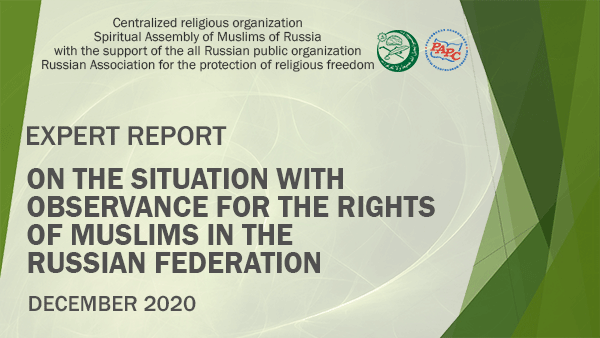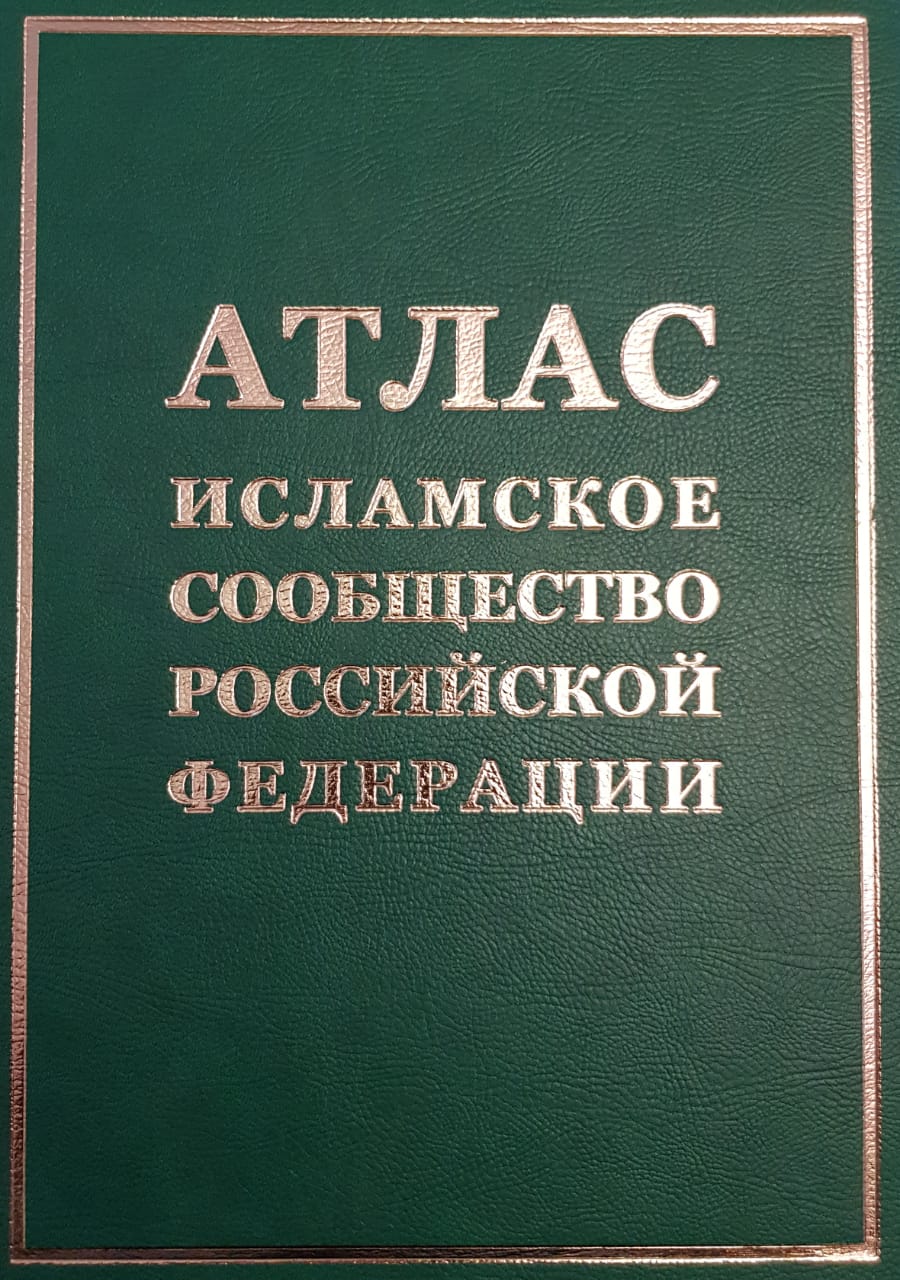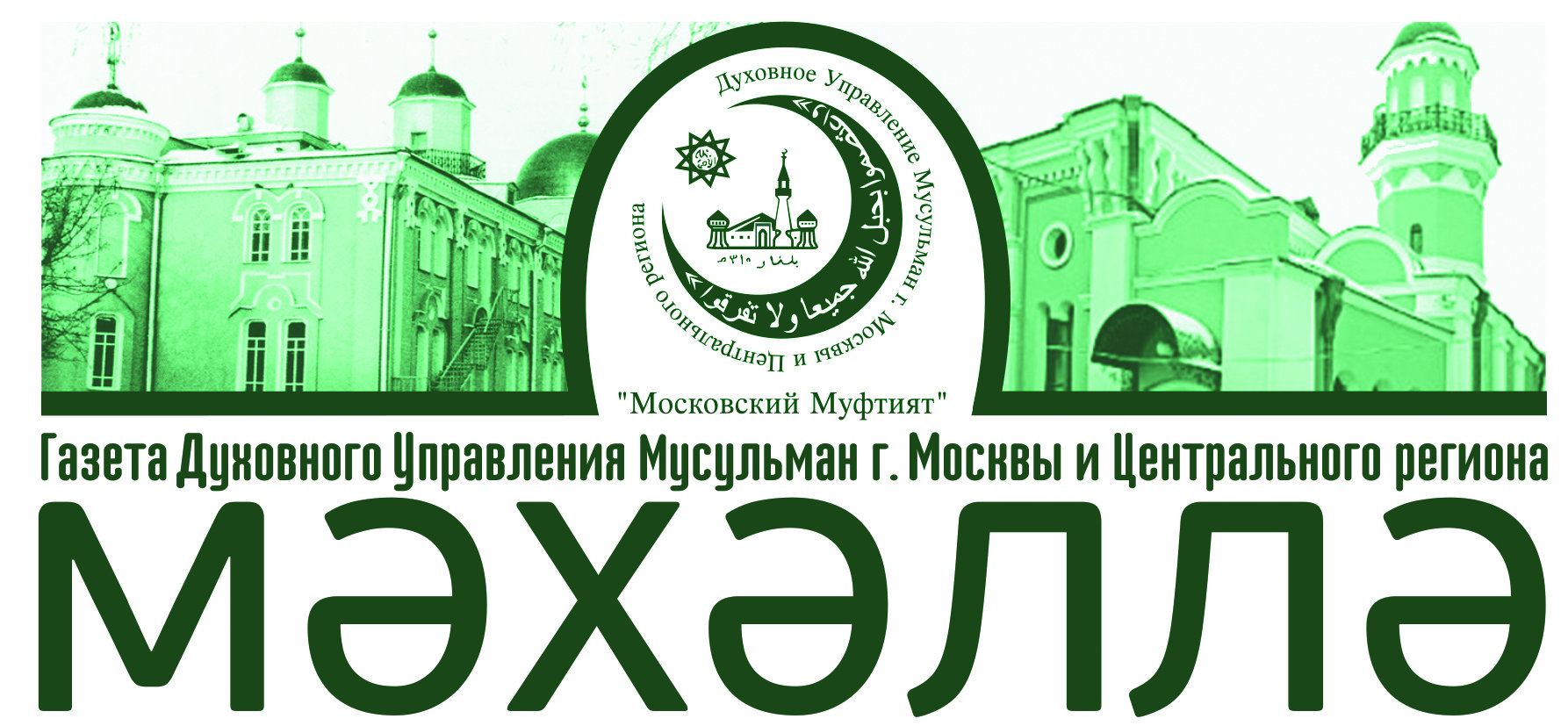December 18th
The Arabic language is a pillar of the cultural diversity of humanity. It is one of the most widely spoken languages in the world, used daily by more than 420 million people. World Arabic Language Day is celebrated every year on December 18th since 2012. This date coincides with the day in 1973 when the General Assembly of the United Nations adopted Arabic as the sixth official language of the Organization.
The native speakers of Arabic basically live in the region called the Arab world, as well as in many neighboring countries, including Turkey, Chad, Mali, Senegal, and Eritrea.
In the diversity of its forms, classic or dialectal, from oral expression to poetic calligraphy, the Arabic language has given rise to a fascinating aesthetic, in fields as varied as architecture, poetry, philosophy and song. It gives access to an incredible variety of identities and beliefs and its history reveals the richness of its links with other languages. Arabic has played a catalytic role in knowledge, promoting the dissemination of Greek and Roman sciences and philosophies to Renaissance Europe. It has enabled a dialogue of cultures along the silk roads, from the coast of India to the Horn of Africa.
The Arabic language is extremely important for Muslims all over the world as the language of the fundamental sources of Islamic law: the Holy Quran and the prophetic Hadith. It is widely acknowledged that not a single worship in Islam can be performed without knowing single surahs or ayahs from the Holy Quran. Arabic is also one of the main ritual languages for many Christians living in Arab states.
Today, Arabic is the language of politics, science and literature. The direct or indirect influence of the Arabic language can be traced in many other languages of the Islamic world, such as Turkish, Persian, Kurdish, Urdu, Malaysian, Indonesian, and Albanian, as well as in several African languages such as Hausa and Swahili, and European ones, in particular in Spanish, Portuguese, Maltese and Sicilian.
The celebration World Arabic Language Day usually takes the form of music concerts, literary readings, competitions, cultural events, lectures, art exhibitions, performances and exhibitions of folk art.







